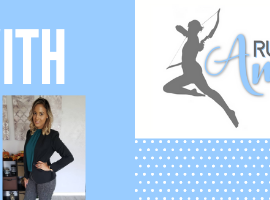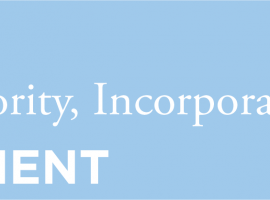Intentions and Impact: For Better or For Worse
A breeze blows your hair back as you sit on the park bench on this beautiful summer day. Bluejays chirp beside your feet and you hum along to the latest tune. You peacefully flip the page of the book you’re reading when…

All of a sudden you, your flowery sun dress, and your book are drenched in oozing green paint. Biting back the urge to scream, you beeline towards the culprit, grabbing him by the edge of his collar asking why he would do such a thing.
His response? I didn’t intend to hit you! I intended to hit my buddy with the paintball.
You scoff, demanding an apology.
But he simply says no. You were in the way after all.
Sounds ridiculous right? Unfortunately, this happens all the time when we get to the topic of intersecting identities.
Too often people believe that their intentions matter more than their impacts. Phrases like “I didn’t mean to…” and “It wasn’t my intention…” or “I’m not racist…” and “I’m not sexist…” precede discussions and erect thick defenses that cannot be penetrated by constructive criticism.
But honestly, if our actions or comments have contributed to furthering oppression and marginalization within our communities, how can we claim that our intentions matter? Instead, we should realize that the focus of productive discussions should be the impacts of our actions and words.
If I say something that hurts my friend, it doesn’t matter if what I said was supposed to be a joke. It doesn’t matter because I caused her pain. I need to listen to her and understand how my language affected her in a negative way. Then I need to apologize, reflect, and empathize so I can avoid hurting her again.
It doesn’t mean that I’m a bad person. It means I made a misstep. I tried something, it was wrong, so I try again. However, if I repeat the same action, that’s when it becomes a problem. That’s when it becomes a mistake.
Oppressive language is all around us. Swear words, derogatory terms towards people…they’re everywhere. People may say that they’re using these words to “reclaim” them or simply because everyone else uses them and it’s cool. However, in doing so, these people forget the impact that these words can have on the community.
A word that has been used for over five centuries to denigrate, belittle and shame the very people who carried and built this nation. A word that still stings deeply when used by the wrong tongue. A word still used to this day to diminish and demean people of color.
Another word reeks of misogyny. There is simply no male equivalent to it, highlighting a lingual gender imbalance within our society. A word initially made to signify female pleasure has taken a downturn for the worse as an evil, fearful word with a patriarchal sting.
It’s not okay to use these words. You may be okay with it, but someone out there is hurting. Please be mindful of your sisters, your friends, your community.
Blog Contribution By: Djenne Dickens, Yemaya Chapter



There are no comments